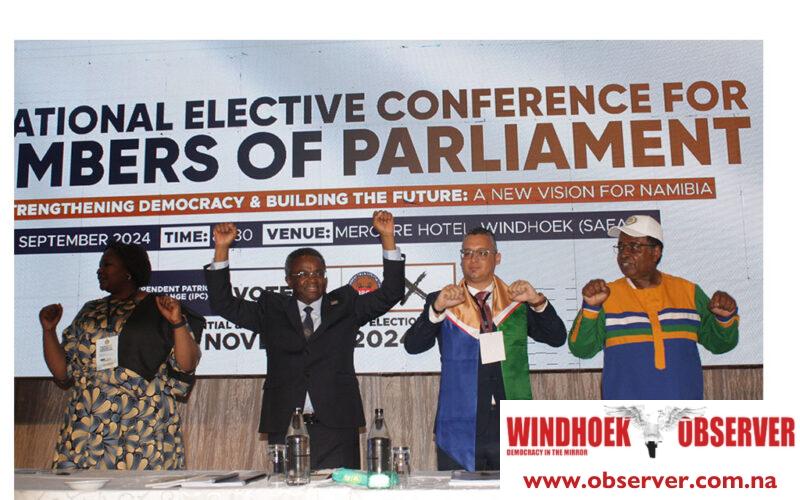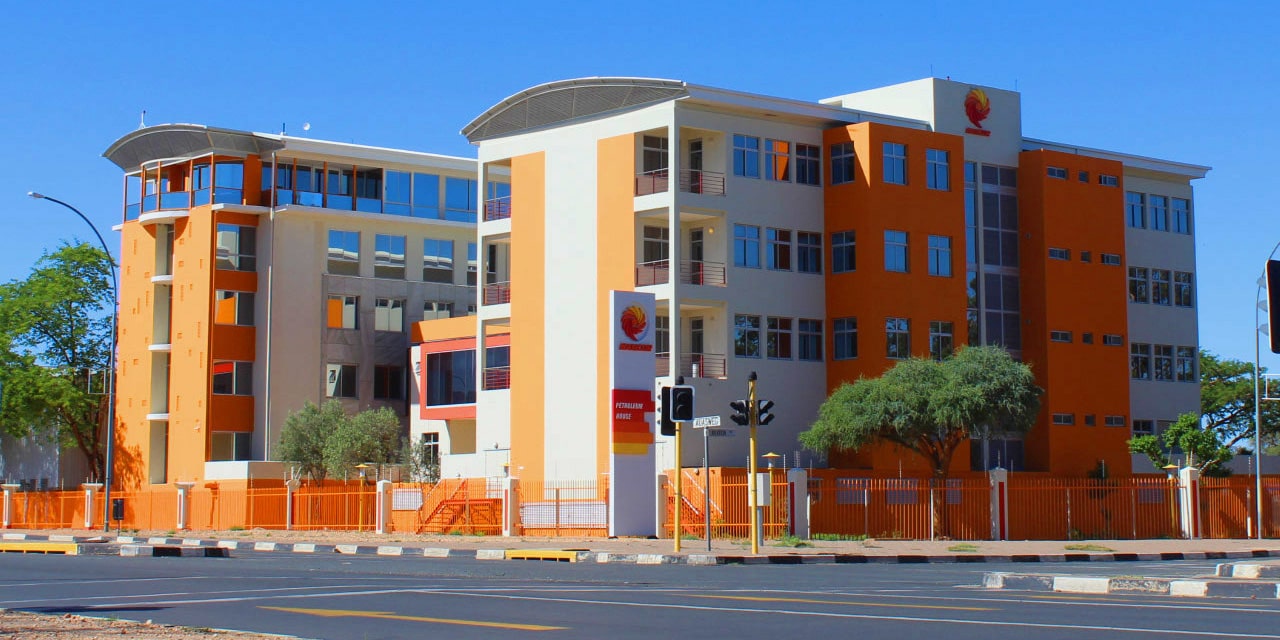Ester Mbathera
The leader of the Independent Patriots for Change (IPC), Panduleni Itula, has launched a scathing attack on the ruling Swapo party, accusing it of failing to meet its promises and perpetuating a culture of corruption and mismanagement.
He also took shots at the governing party’s electoral process.
Itula made these remarks during his party’s first electoral convention in Windhoek on Thursday.
“The moral betrayal of the dignity of our people is despicable,” he said.
The IPC will participate in the National Assembly and Presidential election slated for 27 November with Itula as its presidential candidate for the first time.
This will be Itula’s second attempt at the presidency.
In 2019, he ran for the first time as an independent candidate and received 242 657 votes out of the 826 194 votes cast.
The late President Hage Geingob won the election with 464 703 votes.
Itula accused Swapo of engaging in corrupt practices and mishandling state resources for personal and political gain.
He said the party allegedly used state funds to further its own electoral ambitions, which he believes constitutes a betrayal of public trust.
“The desperation is breathtaking. What is it that you so desperately wish to protect? Political power? It’s incredible. We have seen such and much of that in recent months from these people. Using state funds under the guise that ‘I’m going to inaugurate a wall’ with eight state cars and taxpayer money,” he said.
He also warned against the use of military uniforms and ammunition at political campaigns.
He described this practice as a dangerous erosion of democratic values, suggesting that it undermines the separation of military and political spheres.
“It’s shocking that they implicitly condone the appearance of their supporters in military uniform. Armed in battle readiness in a political government where they were campaigning. It is shocking that these very people failed to condemn such violations of our constitution. Yet they seek to govern this country when they can’t even attend to its rules,” he said,” Itula said.
He warned that such actions could lead to the rise of militias and a deterioration of democratic processes.
Itula, if elected into office, has promised several reforms and actions to address what he sees as shortcomings of the current Swapo-led government.
He argues that the IPC will deliver on economic promises that Swapo has failed to fulfil over the past decades and combat corruption by implementing stringent measures to ensure transparency and accountability in government operations.
Itula added that he will advocate for a government that operates with integrity and respect for democratic processes, ensuring that political processes are free from coercion, blackmail, and misuse of state resources.
He made this statement prior to the party’s manifesto launch in Windhoek on September 14.
On Thursday, the party elected its 96 members, who will represent it in the 8th National Assembly.
The candidates will be announced on Friday.
However, the party did not elect a candidate in accordance with other political parties’ norms.
112 candidates, eight from each region, participated in the elections.
The candidates were not allowed to campaign, nor were they allowed to vote for candidates from their regions of origin.
The rationale that was given is that they don’t want to promote regionalism and ethnicity.
Political analyst Rui Tyitende said this is sound practice.
“It’s needed in our democracy. We are a heterogeneous society, and people tend to vote on the basis of ethnicity, on the basis of regionalism, and we need to do away with that. The key and fundamental question that we always need to ask ourselves is, what is it that this person is advocating for?” he said.
Tyitende added that the challenge with such actions is that they prevent candidates from voting for someone they deem competent.
“What if there is someone from my region that I deem competent and skilled? That’s a gray area for the IPC – what if I don’t see potential competence or skills in people from other regions? It’s a bit tricky. I see the intention here – what they are trying to achieve. But democracy, by its very nature, is a very sophisticated phenomenon,” he said.




